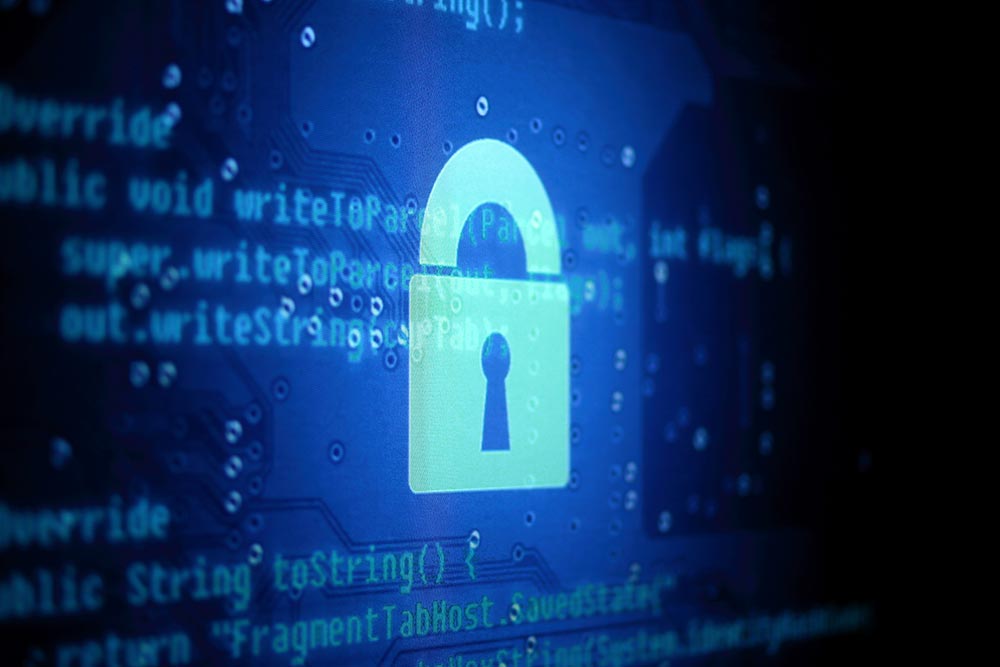
Image: Yuri Samoilov
In a week that saw a possible hacking attempt on the Australian census’s website, internet users have been newly reminded of the importance of online safety.
Now, Western Australians have a new resource to protect them and their families from cybercrime, after a training partnership between the Western Australia Local Government Association (WALGA) and the Australian Federal Police (AFP) was put in place last week.
AFP members visited metropolitan and regional areas of the state over four days to train local government staff to deliver cyber safety presentations as part of its ThinkUKnow program. WALGA is the first non–law enforcement partner to be trained to deliver the program.
Established in Australia in 2009 and aimed at protecting children and teenagers online, ThinkUKnow was originally developed in the United Kingdom by the Child Exploitation and Online Protection Centre.
The program, which is delivered by the AFP with state and territorial police as well as corporate partners, educates parents, carers, and teachers on cyber safety through schools and organisations across the country.
WALGA president Lynne Craigie said that local government wasn’t addressing a specific problem, but instead taking a “proactive approach in providing the tools and resources for our communities to be informed and aware of what they need to know to be safe online.”
“We are concerned, as are many, about the risks of online environments and work collaboratively where we can to ensure community members understand those risks and have strategies in place to deal with them,” she said.
The AFP’s manager of victim based crime Lesa Gale said that the AFP received more than 11,000 reports of child exploitation material in 2015.
“The ThinkUKnow program is a free, evidence-based cyber safety initiative to empower all Australians to be safe, respectful, and resilient online,” she said in media release.
Federal minister for justice Michael Keenan said that cybercrime and the exploitation and safety of children is an ongoing concern.
“Today, more than 600 volunteers from both the AFP and our industry partners generously gave up their time to help prevent the exploitation of children online, and empower all Australians to stay safe and resilient.”





